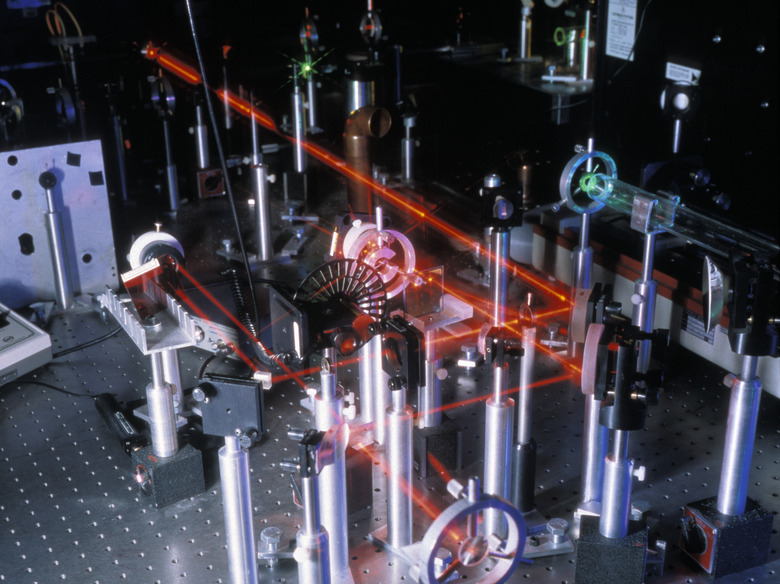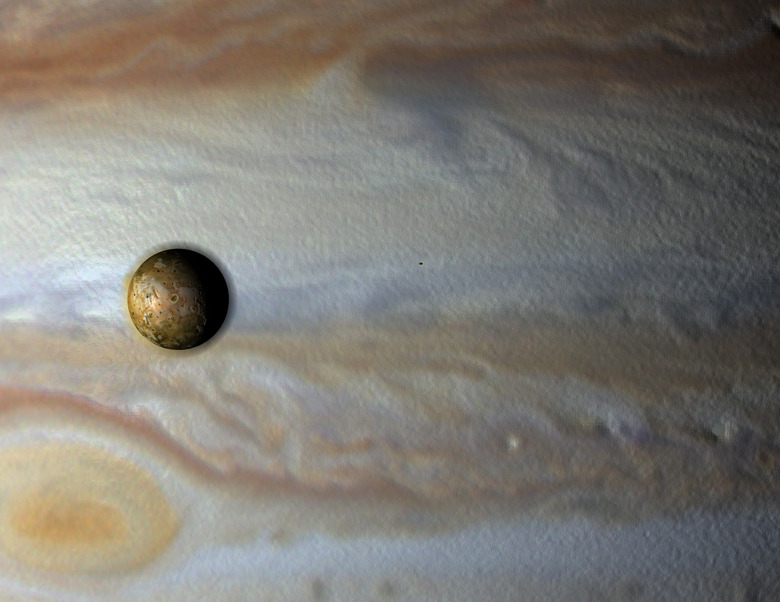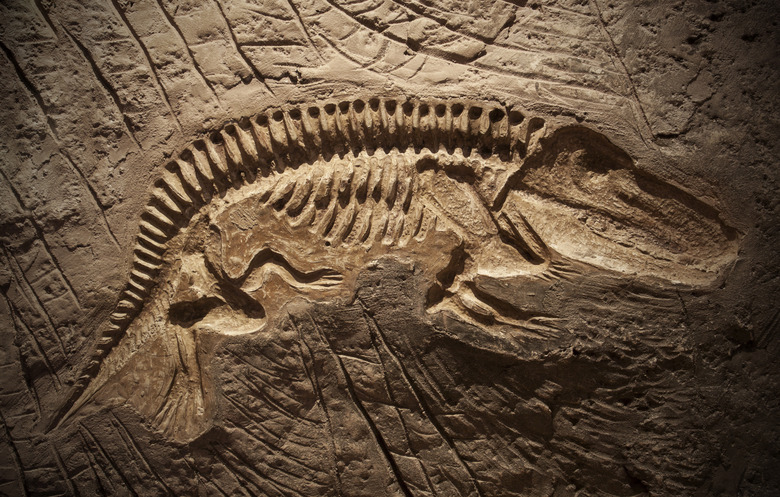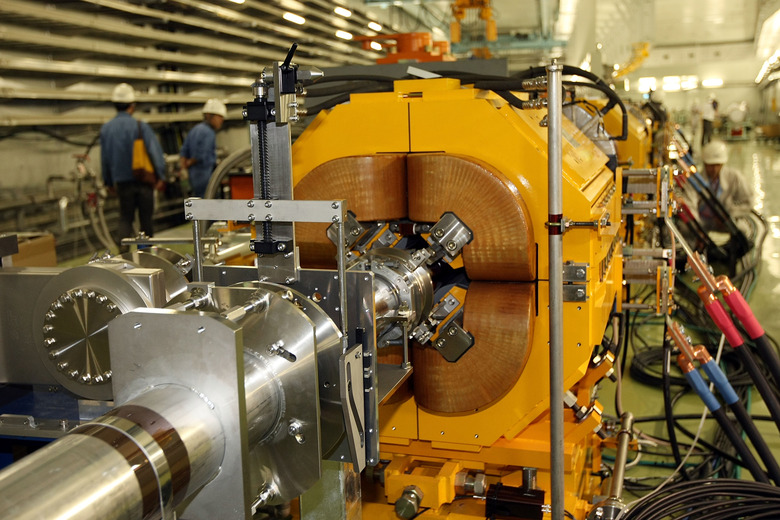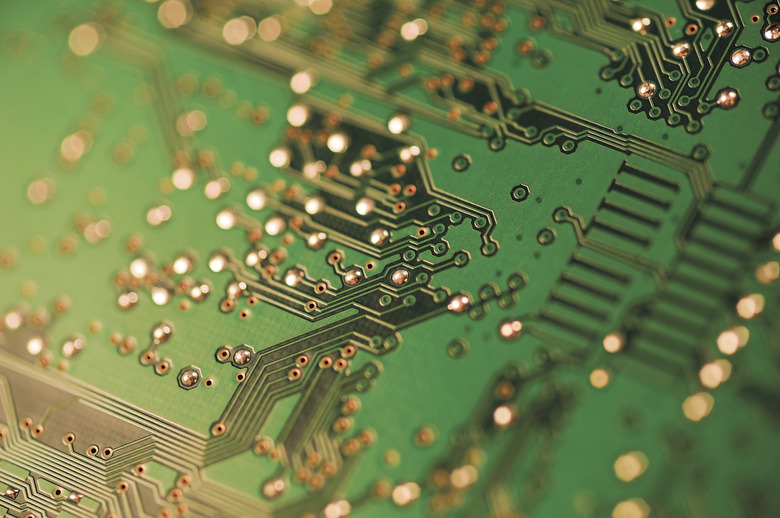Science Discoveries Of The 70s
The 1970's saw several dramatic steps forwards in science and technology. Discoveries in the disciplines of physics, biology, and technology defined a new generation of scientists. In addition, advances in technologies like lasers, the integrated circuit, and the supercomputer afforded scientists new tools with which to tackle questions that had never before been approachable.
The Voyager Program
The Voyager Program
The Voyager Program consisted of two unmanned space launches, Voyager 1 and Voyager 2, in the summer of 1977. These spacecraft performed close flybys of Jupiter, Saturn, Uranus, and Neptune, and continued on into interstellar space as part of the Voyager Interstellar Mission. These two spacecraft both orbited closely with Jupiter in 1979, and continued to explore our solar system until the late 1980's. They continue to operate today. The Voyager program is one of the most significant space explorations ever attempted, and the discoveries made by Voyager as it rounded the gas giants continue to shape our understanding of our solar system.
Evolving Theory of Evolution
Evolving Theory of Evolution
In the field of biology, one of the most significant discoveries in the 1970's was that of punctuated equilibrium, an evolutionary theory that rejected a fundamental theory within Darwinism to redefine our understanding of how diversity occurs. Stephen Jay Gould pioneered the theory, which proposed that a species would remain on a static path through generations until a significant environmental change necessitated a split into two distinct species. This idea of stasis punctuated by rapid branching directly contrasted Darwin's theory of gradualism, where changes occur within a single species over long periods of time, but was substantiated by a stasis-dominated fossil record.
Let's Get Physical
Let's Get Physical
In the field of physics, the 1970's were a time of great discovery. Renowned physicist Stephen Hawking developed two major theories concerning the nature of the universe in the 1970's, his theory of the existence of black holes, and his theory on the Big Bang, the beginning of the universe some 15 billion years ago. Physicists also had new tools at their disposal with the development of massive experimental machines like CERN's Super Proton Synchrotron, first turned on in 1976. This machine, nearly seven kilometers long, allowed for experiments that tested the nature of matter and antimatter.
Tools of the Trade
Tools of the Trade
The 1970's saw great advancements in computers and other hardware that made measurement and calculation easier for scientists. Many discoveries in physics were made possible by the development of the integrated circuit and the laser. In 1970, Arthur Ashkin developed optical trapping, a process which captures individual atoms using lasers, leading to huge advancements in experimentation in physics. Fiber optics were also developed in 1970, setting the stage for a new era of telecommunications. Even the humble pocket calculator served an important role in discovery in the 1970's; the marketing of the pocket calculator drove the production of large-scale integrated circuit development, which sparked the rise of the computer, shaping discovery in the 21st century.
Cite This Article
MLA
Dilthey, Max Roman. "Science Discoveries Of The 70s" sciencing.com, https://www.sciencing.com/science-discoveries-70s-8400248/. 24 April 2017.
APA
Dilthey, Max Roman. (2017, April 24). Science Discoveries Of The 70s. sciencing.com. Retrieved from https://www.sciencing.com/science-discoveries-70s-8400248/
Chicago
Dilthey, Max Roman. Science Discoveries Of The 70s last modified August 30, 2022. https://www.sciencing.com/science-discoveries-70s-8400248/
